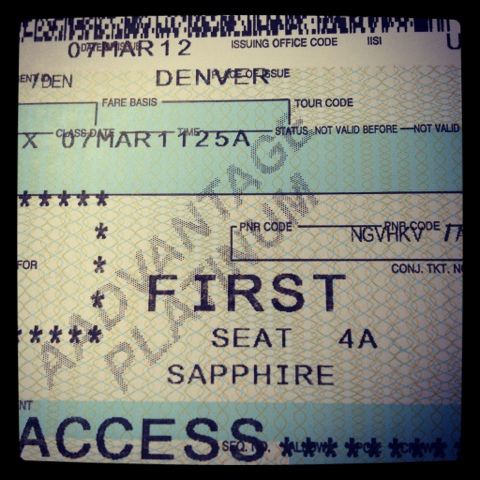Exodus 26
The Walls of the Tabernacle
It’s interesting as you read Exodus 26 that God has a very specific structure – or architecture, if you like – on HOW the tabernacle was to be built, but yet He left room for the creativity of the individual – the artisan – in places of the construction. For example, God very specifically defines the length, width, type and colors of materials, numbers of panels, connective and mounting procedures for the various walls – as well as how many layers of walls and in what order, but left the interpretation of “with artistic designs of cherubim you shall weave them.” (Ex 26:2 and Ex 26:31)
We all know that if 3 artists paint the same picture, they will all 3 look very different, because of the natural giftings and interpretation of the artists.
God’s tabernacle was very specifc in design. God’s tabernacle was very specific in structure. God’s tabernacle was very specific in function. But God left the “interface” to the community – how it was viewed and presented – to the creativity He instilled in its artisans.
You are an artist.
I have to believe God has used the Mosaic Tabernacle as a picture for our lives. He has defined a structure, an “architecture” for our lives, but has left the interface to our community to the creativity He instilled in us. This is the beauty of our individual testimonies. No two stories are the same… on purpose! Our job is to weave the tapestry with our story. God’s responsibilty is to use that tapestry to engage others and minister to others.
The Mercy Seat
Exodus 16:34 “You shall put the mercy seat upon the ark of the Testimony in the Most Holy.”
I love the way the Hebrew word is translated as the “mercy seat”. In looking up the origin of the word, it means “atonement cover” or “a central place where sins are forgiven.”
The connotation is that it is a separate place, a place specific for the purposes of atonement. Atonement is just a $2 word that means (according to Webster’s) “the reconciliation (to restore to harmony) of God and mankind through the sacrificial death of Jesus Christ.”
Some of the walls of the tabernacle were made with fibers and woven. Some of the walls were made from animals. Ex 26:7 says to use goat’s hair. It is unclear if that’s the skin of the goat with the hair intact, or if that’s the goat’s hair woven into cloth. But Ex 26:14 is very clear that two other layers are made by the skin of rams dyed red, and the skin of badgers. That implies that there were LOTS of animals killed in order to fashion together coverings for the tents. With the death of those animals, much blood was shed – I suspect that’s one of the reasons the rams skins were dyed red – to remind the Isrealites of the blood that was shed to make the covering.
Back to the “mercy seat”. One of the definitions is “atonement cover”. Are you starting to get draw a connection here? This mercy seat – this atonement cover – was a foreshadowing of what Christ’s blood would do for us… cover our sins. The death of Jesus – the sacrifice of the Lamb of God (John 1:29) – covered our sins and reconciled us back to the Father; back to right standing as Sons and Daughters of the Most High.
The cross is the central place where sins are forgiven (our other definition of the mercy seat.) Only the cross covers the sins of my past, my present and my future in order to reconcile – to restore back to harmony – my life with God. Salvation – willingly yielding control of every part of my life to the lordship of Jesus Christ – is a one-time event. When my submission is authentic, I only need to do this once. However, transformation is an ongoing process. I have, I do, and I will screw up – hopefully it will become fewer and fewer times as I journey. Regardless, when I screw up, it doesn’t take long for Daddy to draw that to my attention and I am quick to repent. This is where I go to the mercy seat again, not for salvation, but to ask forgiveness. Remember, the mercy seat is the central place where sins are forgiven. 1 John 1:9 tells me that God is faithful to forgive me if I ask him and James 5:16 tells me that I can be healed of my sin in the confidence and prayer of another brother in Christ.
The mercy seat in the Mosaic temple was a physical and literal place. It was a place where animals were sacrificed to atone for the sins of individuals, families and the nation. When Christ died for all those sins and so many more, the temple walls were ripped from top to bottom by God himself to signify that the mercy seat was no longer behind the veil. Jesus is the mercy seat. Jesus is in my life. However, I still like visible remembrances. So in my life, I draw on a physical mercy seat – sometimes its over the phone with a brother, sometimes its in my room with my wife, sometimes it’s at a table at the local diner.
How do both these relate?
When I am free from the bondages of sin in my life – because I go to the mercy seat – I am free to be the artistic interface to my community presenting – in my own unique perspective and my own unique testimony – all that God has done, is doing, and will do IN me because of the mercy seat!
Running After Papa…

